Role play is a learning tool where two or more people act out scenarios. One or more person will play the role of a specific character and the others will simply play themselves and interact with the characters.
Role play allows those involved to interact and brings a different dimension to the learning experience. This is because it’s not just all talk about theory but actually gives those involved a chance to test their skills against some of the challenges that they will face back in the real word.
When trainers use role play they may be faced with some challenges from the delegates such as:
- I’m embarrassed, why do I need to do this?
- It’s not realistic. It’s just a training exercise with a workmate.
- I’m not an actor, I shouldn’t be doing this
That’s why many organisations turn to people like us who supply Corporate Role Play Actors.
With a professional actor you will reduce some or all of the challenges above. Because our actors have the skills and experience to play a range of characters, they can portray the behaviour seen in the real world in a training or assessment environment.
This means that the delegates in those sessions will be faced with some of the real challenges they will actually see in the workplace, giving them ample opportunity to practice skills before they have to use them for real.
What are the benefits of using role play:
- In most cases people like to play. Although it should bring out a serious message and key learning points, it can also be fun. The reason why it sometimes isn’t is that not all people like to act out roles. By using an actor, they only then have to be themselves.
- Role play encourages critical thinking. Because it’s live, they have to think on the spot.
- It gives you the ability to provide feedback against something realistic rather than wait until serious mistakes are made in the real world.
- When used in small groups, it allows delegates to share ideas by providing feedback to each other.
If you are thinking about role playing, would like some help and advice or would like to talk to us about booking our Corporate Role Play Actors, hit the contact us button in the main menu.



